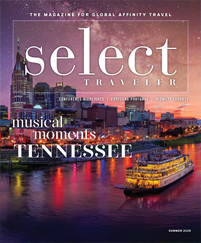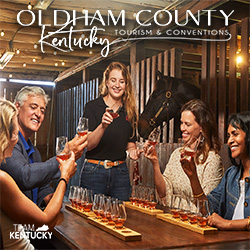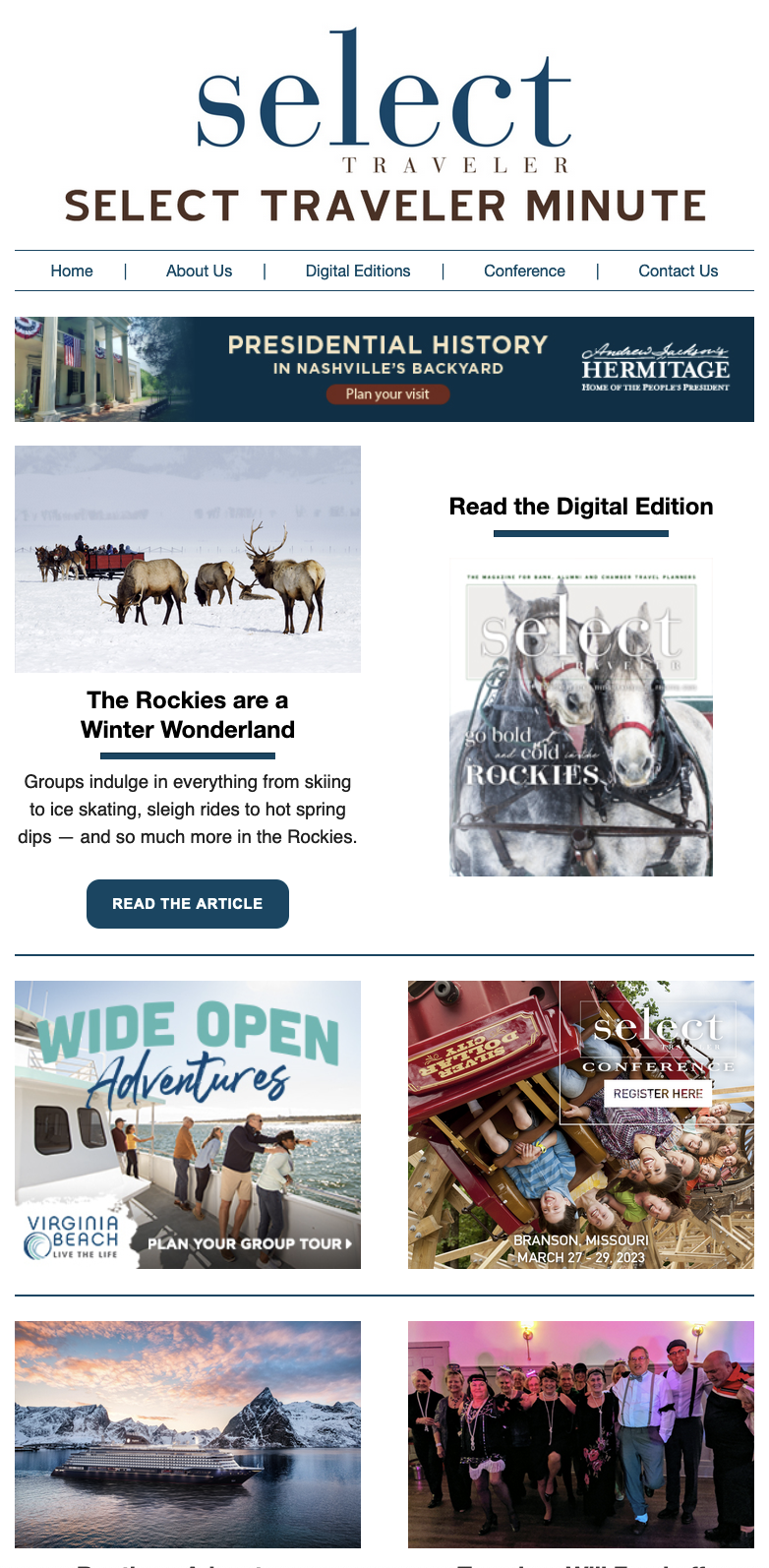With the exception of certain historic areas like Loudoun, Virginia’s wine country, and the whiskey-distilling towns of Tennessee and Kentucky, many parts of the South have not had their own legal distilleries, wineries and breweries since Prohibition. But a new wave of craft enterprises in the South has made drinking locally almost as easy as eating locally. Groups benefit from the fact that these new entrepreneurs place tourism firmly at the core of their business models.
Rock Town Distillery
Little Rock, Arkansas
When Rock Town Distillery launched in 2010, it was the first legal distillery in all of Arkansas since Prohibition.
“My passion was whiskey, and I realized there were no distilleries in Arkansas, and I thought, ‘Cool; I can be the first ever,’” said founder Phil Brandon. “We launched with vodka and gin and then, later, bourbon. I wanted to make whiskey, but that takes a while.”
Brandon started running tours of the 15,000-square-foot distillery on Saturdays as soon as the distillery opened, but now they’re available all days of the week, running approximately 30 minutes for the distillery tour and another 30 for the tasting. In addition to seeing the distillery’s operations, touring groups learn what qualifies a whiskey to be called bourbon and about Rock Town’s local sourcing.
“We try to buy locally as much as possible,” said Brandon. “Our corn and wheat and rye are all [from] within 25 miles, and the barrels are also made here in Arkansas.” He’s currently working on perfecting a “native” gin.
On Fridays, upon request, small groups can experience a special behind-the-scenes tour with Brandon in the warehouse, as he walks the group around popping the corks on casks he hasn’t tasted recently while telling stories of how each was made. Visitors each get four cask-strength tastes and a souvenir glass.
Larger groups can also set up private bottling parties or participate in a quarterly tasting series pairing Rock Town Distillery liquors with locally made meats and cheeses.
Firefly Distillery
Wadmalaw Island, South Carolina
Thirty miles from Charleston, South Carolina, but a short walk from the Wadmalaw River bank, in a graceful former winery space enveloped with hanging Spanish moss, Firefly Distillery looks from the outside like the picture of laid-back Southern hospitality. But to get to where they are today, founders Jim Irvin and Scott Newitt had to do some high-powered, big-city political maneuvering.
When winery owner Irving and business maven Newitt first decided to start a distillery, it was illegal to distill and sell spirits in South Carolina. Not to be deterred, they lobbied, created a bill and got the law changed so that it is legal to distill, sample and purchase spirits in South Carolina at a licensed distillery. To sell through third parties and in other states, Firefly partners with Buffalo Trace Distillery, which distills and bottles their recipes.
In keeping with the distillery’s origin as a winery, Firefly’s first product was a vodka made from locale Muscadine grapes. As it tasted more like grappa than vodka, Irving decided to try flavoring the vodka to create a more crowd-pleasing beverage, its now-famous sweet tea vodka.
Louisiana sugar cane sweetens the vodka, and the tea leaves come from five miles away at Charleston Tea Plantation, the only working tea plantation in the United States. Firefly also produces mint, raspberry, lemon and peach tea vodka from Charleston Tea leaves. In 2010, Firefly released a gold-medal-winning sweet tea bourbon in collaboration with Buffalo Trace Distillery.
After a tour of the petite distilling operation, which micro distills 500 gallons at a time, groups can taste special products not available outside the state. Firefly’s lemonade vodka, made with fresh lemons, can be enjoyed only at the distillery, and the tasting room is also one of the few places to get your hands on its Sea Island rums, with flavors like spice and java. Firefly Distillery is co-located with the Deep Water Vineyard winery, so groups can combine their distillery visit with a tour and tasting at the winery, if time allows.









